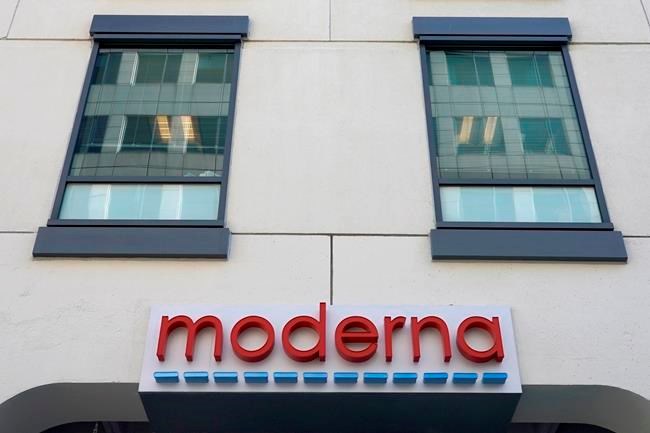OTTAWA — Prime Minister Justin Trudeau says the federal government is spending nearly $9 billion toward research into treatments for COVID-19 as authorities work to deploy hundreds of thousands of vaccines in coming weeks.
Trudeau says the investment through the National Research Council of Canada will be used to develop treatments to fight COVID-19 and other viral infections.
He says the funding will go to four Canadian companies working on treatment candidates, including two in Montreal and two in Vancouver.
Trudeau also announced that Canada is set to receive 125,000 doses of Pfizer-BioNTech per week in January, for a total of 500,000 doses next month.
He says his government has secured agreements for up to 417,000 doses of COVID-19 vaccines to arrive ahead of schedule, including more than 200,000 doses of the Pfizer-BioNTech vaccine next week.
Pending Health Canada approval, he says 168,000 doses of Moderna's vaccine candidate are scheduled to be shipped by the end of the month.
The Massachusetts-based biotech firm says its COVID-19 vaccine can now be shipped locally without it needing to be frozen at all.
The messenger RNA vaccine from Moderna is on the verge of being authorized for use in Canada and could be approved for use in the United States as early as today.
Until now, it was believed the vaccine had to remain frozen to at least -20 C until shortly before use, but the company says it can now safely transport liquid doses as refrigerated at between 2 C and 8 C.
A Moderna spokeswoman says this makes the logistics easier of getting the vaccine to remote locations.
Moderna was already considered less risky to ship than a similar vaccine from Pfizer-BioNTech, which must be kept frozen between -60 C and -80 C, and Canada is planning to send it to the territories, remote Indigenous communities and for use at long-term care homes.
Health Canada's review team is still waiting for final data on Moderna's manufacturing process before making its decision but the company plans to start shipping the first doses within 48 hours of getting the green light.
This report by The Canadian Press was first published Dec. 18, 2020.
The Canadian Press
